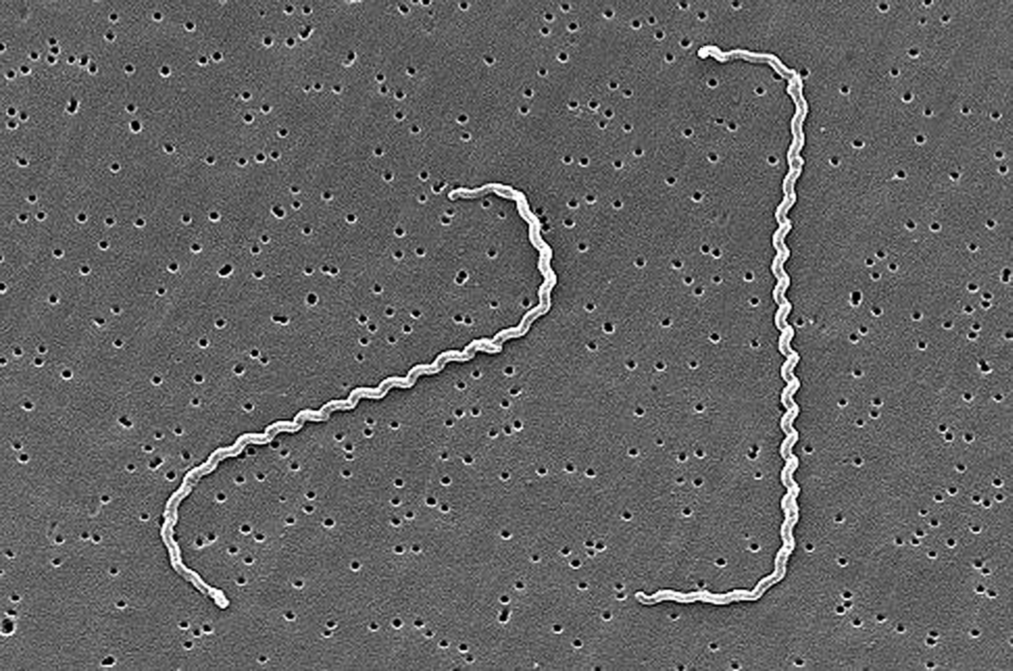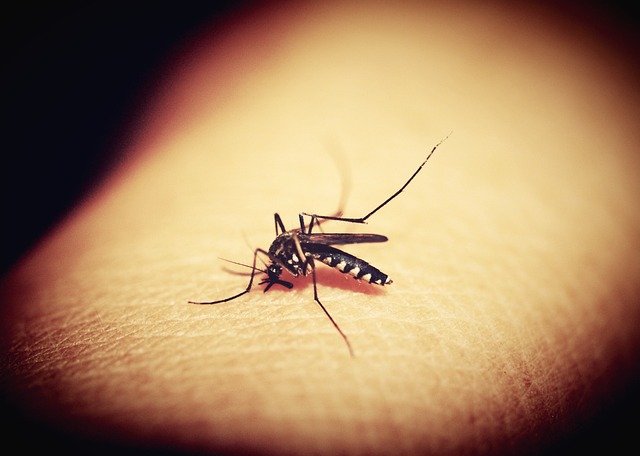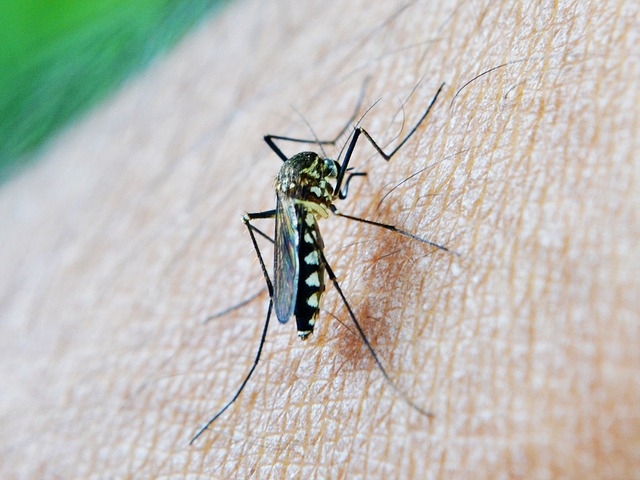Maintaining your own health and that of your children can pose quite a challenge, regardless of the time of year. However, this challenge becomes even more formidable during the Thai rainy season, where the amalgamation of warm temperatures and incessant precipitation creates fertile grounds for germs, infections, and assorted maladies.
Allow me to impart some valuable insights into why coughs and colds tend to proliferate during the rainy season, along with some practical tips on how to safeguard your well-being in this damp climate:
Why You Get More Coughs, Colds and Flu in Rainy Season

It should come as no surprise that the rainy season coincides with the cold, cough, and flu season in Thailand. When everything remains persistently wet, it becomes a hospitable environment for germs to flourish, propagate, and pass more readily from one person to another. Rainfall often prompts us to employ our hands to brush raindrops from our faces, and subsequently, those very hands come into contact with virtually everything. It’s imperative to thoroughly wash your hands and face upon returning home after being outdoors.
While influenza is caused by a virus and theoretically shouldn’t adhere to any particular season, there’s no disputing the heightened incidence of flu during the rainy season in Thailand, which spans from May to October.
Research has also shown a potential correlation between wet seasons and increased flu cases, primarily due to extended exposure to recycled air, laden with germs. Moreover, decreased sunshine exposure can lead to a deficiency in vitamin D, which in turn compromises the immune system’s ability to fend off viruses.
Bad Bacteria: Leptospirosis

Leptospirosis, on the other hand, is caused by bacteria transmitted through the urine of infected animals, with rats serving as the primary carriers of this disease. Its prevalence tends to surge during the rainy season. This infection is contracted through contact with contaminated water, entering the body through skin abrasions, the nose, mouth, and eyes. Leptospirosis manifests with symptoms such as fever and a general sense of unwellness.
To safeguard oneself, it is imperative to remain as dry as possible and promptly remove wet clothing and shoes upon returning indoors. Thoroughly washing wet hands, feet, and face is another critical component of maintaining good health. If there is a suspicion of exposure, seeking immediate medical attention is paramount, as untreated leptospirosis can lead to complications and lasting organ damage.
What You Can Do to Stay Healthy

Now, here are some pragmatic steps to navigate the rainy season with your health intact:
1. Gear Up
Prevention is the first line of defense. To minimize exposure to germs and bacteria, the simplest tactic is to stay indoors when it’s raining. When that’s not feasible, ensure adequate coverage with a proper raincoat, waterproof boots, and an umbrella.
2. Be Careful of Puddles
While splashing in puddles may be a delightful pastime for children, it’s advisable to discourage this during Thailand’s rainy season. Stagnant water in puddles can serve as breeding grounds for mosquitoes and their larvae, as well as host germs and harmful bacteria, including Leptospira. Unclean puddles may also harbor sewage and waterborne diseases like diarrhea, cholera, and fungal skin infections. Whenever possible, navigate around puddles rather than stepping into them.
3. Watch for Mosquitoes
Mosquitoes, perennial pests, warrant heightened precautions during the rainy season. Their population tends to burgeon owing to the increased presence of stagnant water, an ideal breeding ground. Mosquitoes can carry diseases such as Dengue Fever and various infectious viruses. Prevent water from accumulating in flower pots, garbage cans, or ditches around your residence. Consider using an all-natural mosquito repellent when venturing into areas with a high mosquito presence, such as swamps, lakes, or ponds.
4. Make Sure Your Family’s Vaccinations are Up-to-Date
A crucial vaccination during the rainy season is the Influenza (flu) vaccine. Additionally, other recommended vaccinations include the Japanese Encephalitis vaccine, Typhoid vaccine, and Hepatitis A vaccine. The Dengue vaccine is now available at MedConsult, but it’s currently recommended primarily for individuals who have previously contracted Dengue to minimize the risk of recurrence.
5. When it’s Not Raining, Get Outdoors and Have Fun!
Lastly, it’s essential to promote and embrace a healthy and active outdoor lifestyle when the weather permits. Seize the hours of sunshine by exploring the growing number of parks, green spaces, and outdoor areas in Chiang Mai. These moments of outdoor activity are vital for maintaining overall well-being.
In conclusion, the rainy season may present its unique health challenges, but with vigilance and proactive measures, one can navigate this season with good health and well-being firmly in tow.





